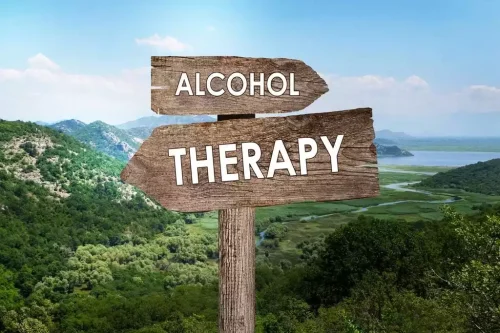
Purpose Healing Center has supported thousands of clients as they worked on recovery from alcohol or drug addiction. We teach clients proven techniques that transcend the treatment center and can be applied in the real world. Regardless of whether you share or pass when it’s your turn, revealing your recovery story in a group setting takes tremendous courage.
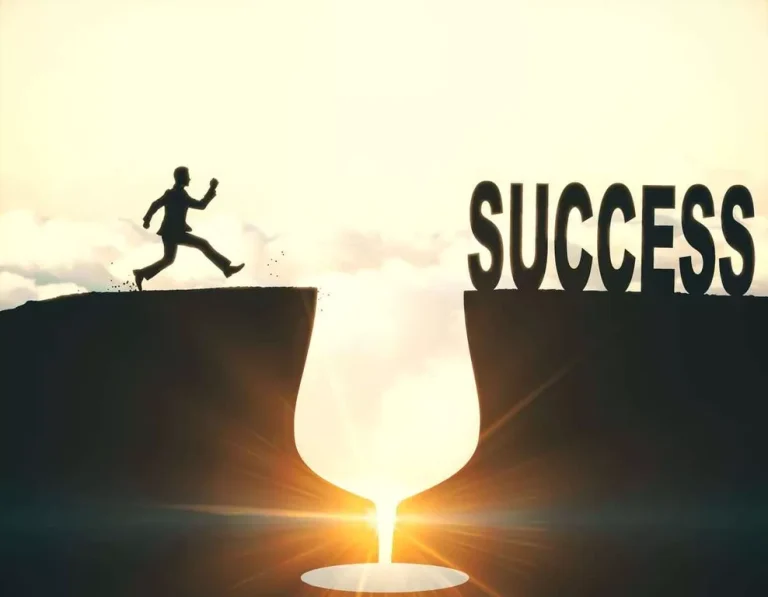
Support for Telling Your Recovery Story in AA, NA, SMART Recovery, and Elsewhere
Use this opportunity to let people know why you have been chosen for the task of telling your story. As long as you’re open and speak with honesty at all times, this will not be an act of egotism. Follow the same format as Ronald’s story, with references to your own path. Talk about the journey in a way you feel comfortable sharing at your recovery meetings.
Telling Your Recovery Story Worksheet
Avoid embellishing details, as genuine vulnerability often resonates more powerfully with listeners. Being honest about your challenges enhances understanding and allows others https://ecosoberhouse.com/ to see that recovery is possible, regardless of the hurdles faced. Moreover, sharing these narratives can create a network of support among listeners.
What should you emotionally prepare for before telling your recovery story to different audiences?
So every time you talk about your struggles, you’ll remember what a difficult time you were having before recovery; you’ll want to stay sober because you don’t want to fall down that trap again. It’s a great way to ensure that you stay steadfast in your recovery and never fall prey to drug abuse or binge drinking again. Much as the first stretch of your story included the tale of your first encounter with drugs and alcohol, this stretch will include your sobriety date. You may even want to give your sobriety date when you very first begin telling your story, then recall it again when you get to it.
Encouraging hope and reducing stigma
You may run the risk otherwise of never getting past the story of your addiction. Everyone’s needs differ – some may prefer big groups, others may prefer closer ties. Although joining a support group or finding a sponsor may be scary, taking this initiative is incredibly rewarding. The collective strength of these communities gives a sense of support on the recovery path. The advantages of support groups and sponsorship are immense.
What Are You Supposed to Say When Making Amends in AA?
- By sharing personal recovery stories, individuals can challenge societal misconceptions and foster compassion.
- It should also recount how you overcame challenges to gain hope and freedom in your recovery.
- Storytelling is a powerful tool to express emotions, thoughts, and experiences.
- Now we welcome you to take some time and write down your own story in this three-part structure.
- You don’t have to be a professional writer to submit to the Real Stories Blog.
Generally, the topic that is most relevant to someone is the topic that they can use in their daily lives. “Simple is best” is especially the case for when we are talking to adolescents, young people or people with learning difficulties. If we are very literate in some topics, we often tend to use complicated or very specific words.
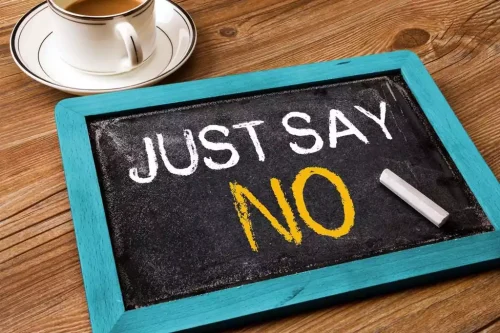
If you have more questions surrounding the dos and don’ts of sharing your story, I’m more than happy to offer guidance and support. Let’s work together to share our recovery stories and help as many people as possible marijuana addiction find strength through support and hope from inspiration. Ultimately, sharing narratives not only empowers the storyteller but also fortifies the recovery community. It instills a spirit of hope, illustrating that through openness, vulnerabilities, and shared experiences, individuals can cultivate resilience and motivate one another on their unique journeys. In addiction recovery, support groups and sponsorship are key.
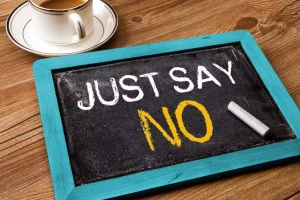
Turning Points and Aha Moments: The Spice of Your Story
By speaking about their journey, they show progress and raise hope in others. It’s essential to recognize the advantages of social support and accountability during addiction recovery. Finding supportive relationships in the recovery community helps people navigate challenges, gain strength from shared experiences, and form a foundation for lasting sobriety. The power of storytelling extends beyond an individual level.
Addiction Stigma: Breaking Down Barriers to Recovery and Understanding
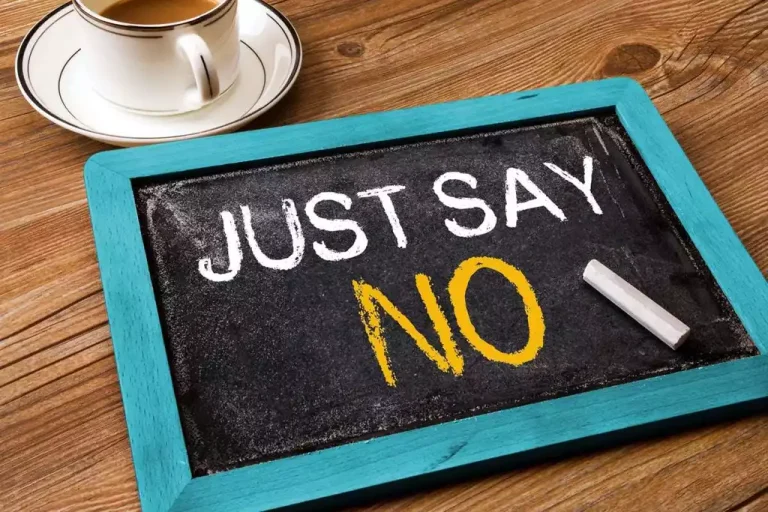
It allows storytellers to affirm and value their journey of recovery, and strengthens their commitment to staying sober. One thing that people often ignore is the therapeutic advantages of sharing recovery stories. By breaking the stigma of addiction and mental health, storytellers can offer other people courage, encouragement, and assistance. It helps them on their own path to recovery as well as reassures and appreciates their own journey. When you share your story, you give others permission to do the same. In recovery, sharing becomes an opportunity to help others sharing your story to help others find their own voice.
#7 Personal Growth and Better Relationships
If you feel ready to tell you story after reading this checklist, please go over to the Share Your Story page to submit your story. These sentences demonstrate to others that you’ve made progress and show them they can, too. Join Recovery Connection in celebrating your recovery with our sobriety calculator.

